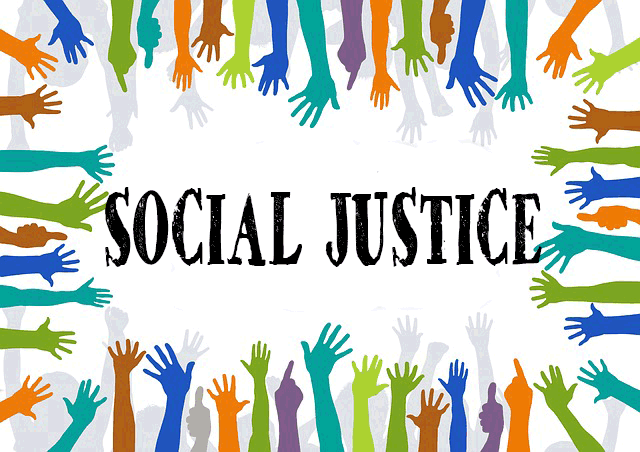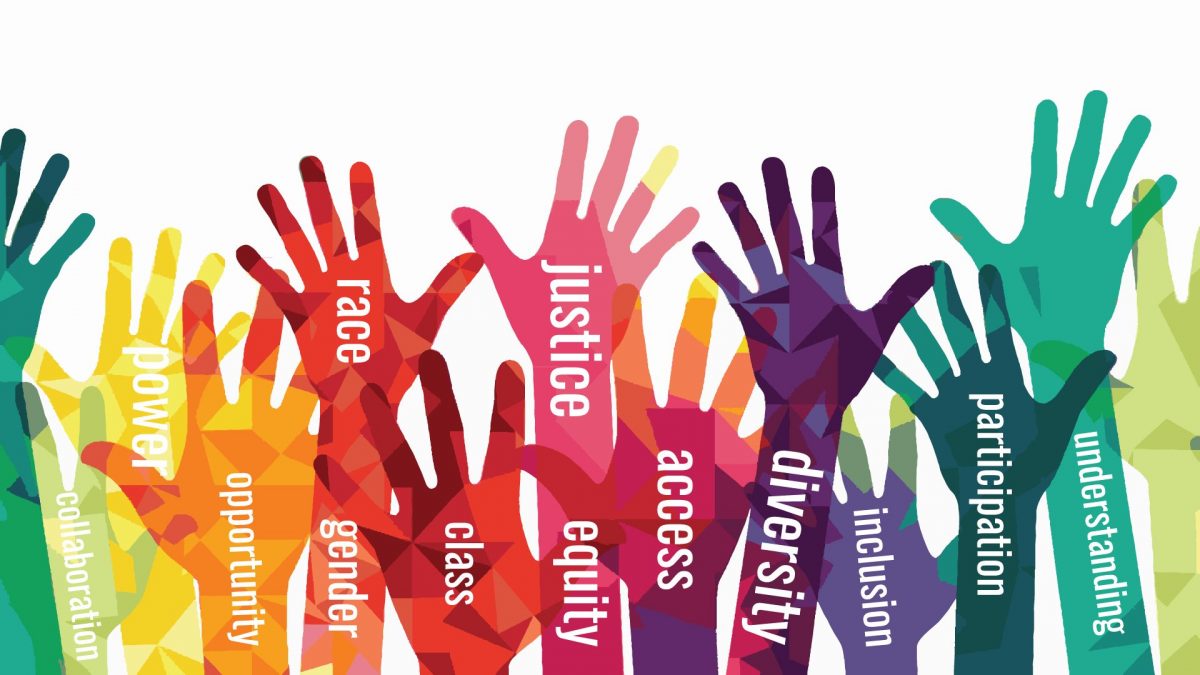Every year on February 20, World Social Justice Day is celebrated. This day was first promoted in 2009 within the United Nations (UN) and since then the importance of a certain burning topic, which is the focus of this day, has been graded.
This year’s theme for World Social Justice Day is “Achieving Social Justice through Formal Employment”
The Covid 19 pandemic has severely paralyzed the world over the past two years, and new conditions for working remotely with the help of digital platforms have been imposed. The new “normal” and digital gap has affected the possibilities of the workforce. Therefore, the focus of this year’s World Social Justice Day will be on formalizing employment, as a precondition for reducing poverty and inequality.
Social injustice is particularly pronounced among young people from rural and remote areas, women, rural unemployed women, people with disabilities and other vulnerable groups, who are often excluded and marginalized from social and political decision-making processes.
The main goal of this day is to raise the voice against social injustice, emphasizing the unification of different communities at the international level to eliminate poverty, gender inequality, discrimination against people with disabilities, physical discrimination, illiteracy, religious discrimination… with one aim to create a socially integrated society.
These are the basic principles for peaceful and prosperous coexistence and collective development in and between nations. Focus on equitable results for all through social protection, justice, employment, basic principles, social dialogue and equitable rights in the workplace.

In the context of this year’s theme on the occasion of World Social Justice Day, in the Report on the Impact of Demographic Factors on Citizen Participation in Public Life and Voter Education in Northern Macedonia, a product of the project “Support to Electoral Systems in Northern Macedonia” Economic and social stability are the most important issues for the long-term unemployed, the survey shows. The long-term unemployed, as well as the poor, are disproportionately more affected, and their health care, economic and social stability are threatened. Therefore, the long-term unemployed are less interested in socio-political developments and talk less about these issues. This is a result of the economic problems they face.
Seventy-eight percent of respondents are interested in more active civic engagement. Nevertheless, (61%) of the participants in the research do not believe in achieving positive changes with individual engagement, while 25% have no interest in civic engagement, which explains the low motivation for civic participation.
The long-term unemployed are resigned and do not believe they have the power to influence policy-making to improve their quality of life, nor do they believe that institutions can improve their position and status. They believe that employment opportunities often depend on party membership, which without it, employment opportunities are reduced and firmly believe in the “partisanship” of every segment of society, especially in relation to employment.
To overcome this social injustice, the report’s recommendations state that increasing confidence in one’s own power creates opportunities for the inclusion of the long-term unemployed in the decision-making process in society. If people believe they can make a difference in their community or improve their quality of life, then they will be more interested in participating in civic activities. Improving the negative perception requires greater inclusion of these people within the community, their involvement in various activities, as well as the continuation and expansion of civic education efforts and strengthening the capacity for independent civic participation.

